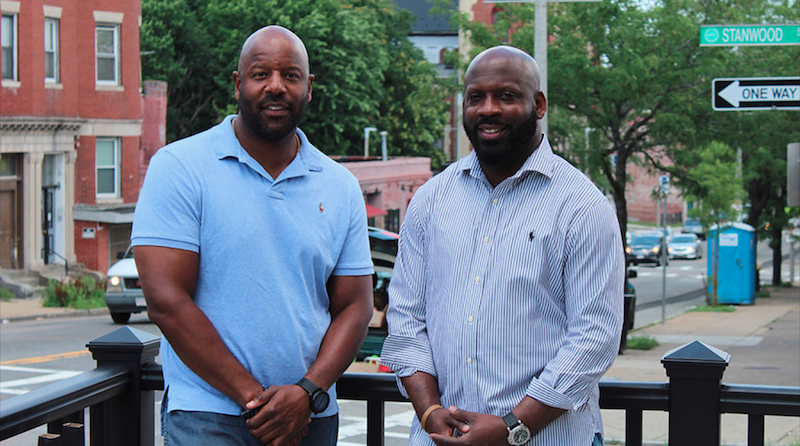If you’re interested in sharing your opinion on any cultural, political or personal topic, create an account here and check out our how-to post to learn more.
____
The cannabis industry is predicted to reach a staggering worth of $30 billion in the U.S. by 2024. As the legal marijuana industry continues to grow, The war on drugs continues to have a profoundly devastating effect on Black communities. Many of my friends risked selling drugs due to the lack of employment opportunities stoked by discriminatory practices. The invasive “stop and frisk” were a standard practice used against men of color all across the United States.
I grew up in Boston and my business partner, Kevin Hart, grew up in Virginia. In both of our neighborhoods, the rates of arrests related to marijuana were exceedingly high. The legality of marijuana both recreationally and medicinally will do little to nothing alone to rectify the felony charges unfairly dealt to many men of color. Instead, unemployment rates continue to climb due to mandatory background checks and the unwillingness to hire anyone with a felony background.
Minority populations continue to suffer from the effects of the war on drugs unreasonably. In 1986, at a time that drug-related arrests were decreasing, president Regan implemented what is now the current war on drugs.
1.5 million drug arrests were made in 2014. Over 80% of those were possession only arrests. Close to half of possession arrests were for marijuana. Many of these arrests led to life sentences mandated by "tough on crime" laws.
Across the country, as many as 80% of young Black men are spending time in prison due to drug charges. This percentage is a much higher rate than any other population. It is disconcerting considering that white youth are the largest population to engage in illegal drug use. We are told all our lives that weed is bad. Now people and corporations are making billions of dollars selling it while people of color, with lives ruined, remain imprisoned.
The criminal justice system has replaced legal forms of discrimination against people of color that occurred throughout history — stopping them from obtaining jobs, education opportunities, food stamps, types of public benefits, as well as removing their right to vote and serve on a jury. In Massachusetts alone, a 2015 Color of Wealth Report determined that the Median net worth for caucasians in the Greater Boston Area was $247,500, while Black communities in the same region averaged a net worth of just $8. The lack of rights that predominantly Black men face has created a social cast within Black communities that has ruined families and created a multi-generation epidemic.
The cannabis Industry is an opportunity to create generational wealth and begin to offset the harm done. In October of 2019, my partner and I will open Pure Oasis, the first recreational dispensary in Boston. We aim to ensure that our business becomes an incubator providing community members with technical assistance to open their own small businesses. We plan to hire from inside the community, not excluding those who have criminal records. Kevin and I encourage entrepreneurs in the cannabis business to keep going. The law is ever-changing. When we began, marijuana delivery services and cafes were not a topic of conversation amongst lawmakers. Today is the day we start making changes for the better of our communities.
____
Kobie Evans is a native of Boston and a serial entrepreneur with 15 years of experience working in residential real estate.
